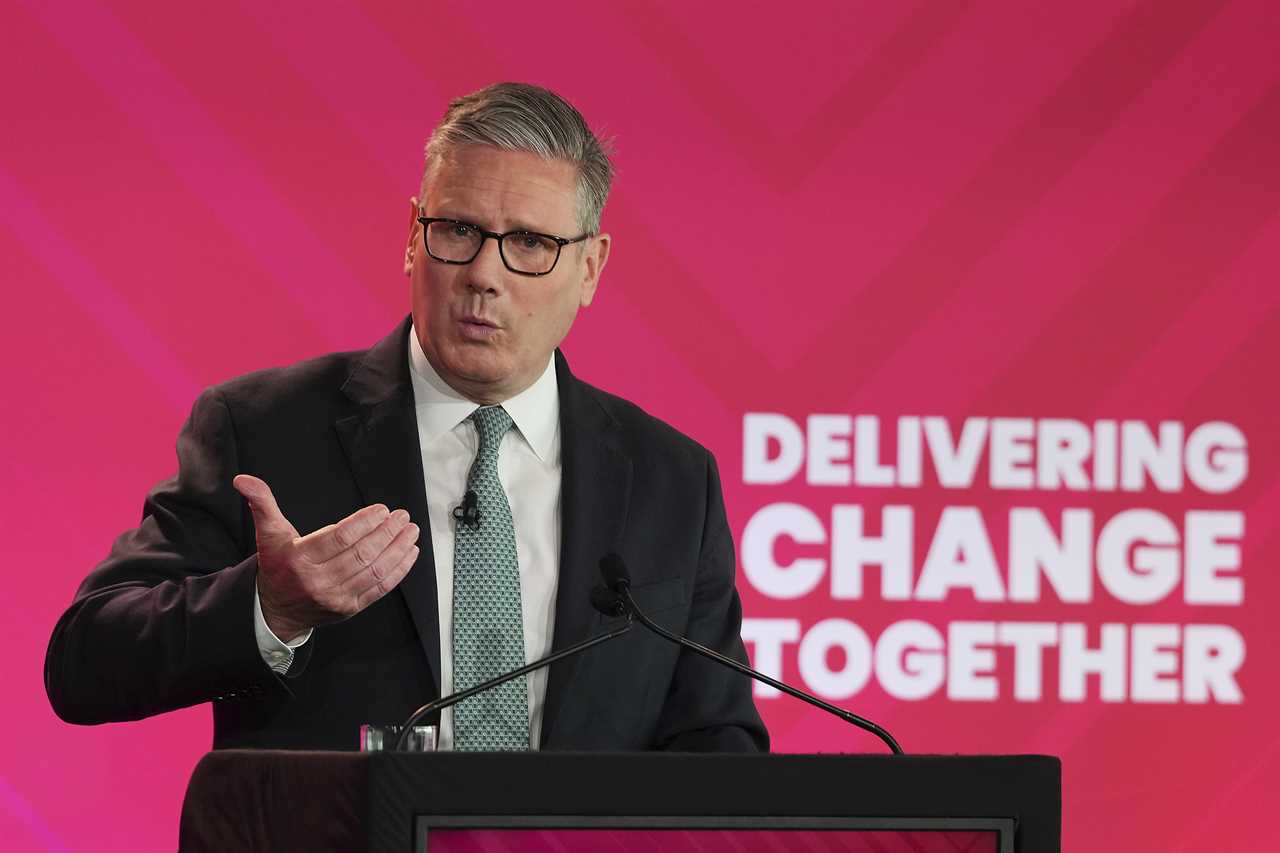
In a complex interplay of political decisions, Labour faces accusations of hypocrisy for granting 16-year-olds voting rights while excluding them from key leadership roles within local party structures. The move to raise the age requirement for constituency association positions to 18 has sparked controversy, especially as the party supports lowering the voting age to 16, highlighting a nuanced tension within Labour's policies.
The wider context: Intersecting Views on Youth Involvement
Labour's decision to restrict 16-year-olds from holding leadership positions within the party, juxtaposed with advocating for their participation in general elections, raises questions about the underlying rationale and coherence of the party's stance on youth engagement. This move comes at a time when political engagement among young people is gaining momentum globally, with debates on youth suffrage and representation taking centre stage.
Historical Perspectives: Shifting Dynamics of Youth Inclusion
Examining the historical evolution of suffrage rights and youth involvement in governance provides a backdrop to the current debate. From the suffragette movement to contemporary youth-led activism, the struggle for political voice transcends age boundaries, reflecting broader societal shifts towards inclusivity and diversity in decision-making processes.
Structural Inequalities: Power Dynamics in Political Participation
The disparity between extending voting rights to 16-year-olds and limiting their role in party leadership underscores deeper power dynamics within political structures. By exploring how age intersects with hierarchies of influence and decision-making, we can unpack the complexities of youth participation in shaping political agendas and driving social change.
"The exclusion of 16-year-olds from leadership positions within Labour raises important questions about the party's commitment to youth empowerment and representation," noted a political analyst, highlighting the need for consistency in fostering inclusive political spaces for young people.
Policy Implications: Balancing Rights and Responsibilities
Labour's dual approach towards youth involvement – expanding voting rights while imposing age restrictions on leadership roles – reflects a broader tension between recognising rights and assigning responsibilities. The debate extends beyond party politics to encompass broader discussions on youth citizenship, agency, and the evolving nature of democratic participation in the digital age.
As discussions on youth suffrage continue to evolve globally, the case of Labour's internal age restrictions offers a nuanced lens through which to analyse the intricate relationship between political rights, institutional structures, and generational perspectives.
While the party defends its decision as a measure to protect young individuals from legal liabilities, critics argue that it undermines the principle of equal participation and representation for all members, regardless of age. This tension encapsulates broader societal debates on inclusivity, fairness, and the future of democratic governance in an increasingly interconnected world.
Did you miss our previous article...
https://trendinginthenews.com/uk-politics/humanitarian-aid-plans-for-gaza-uks-response-amidst-palestinian-crisis






